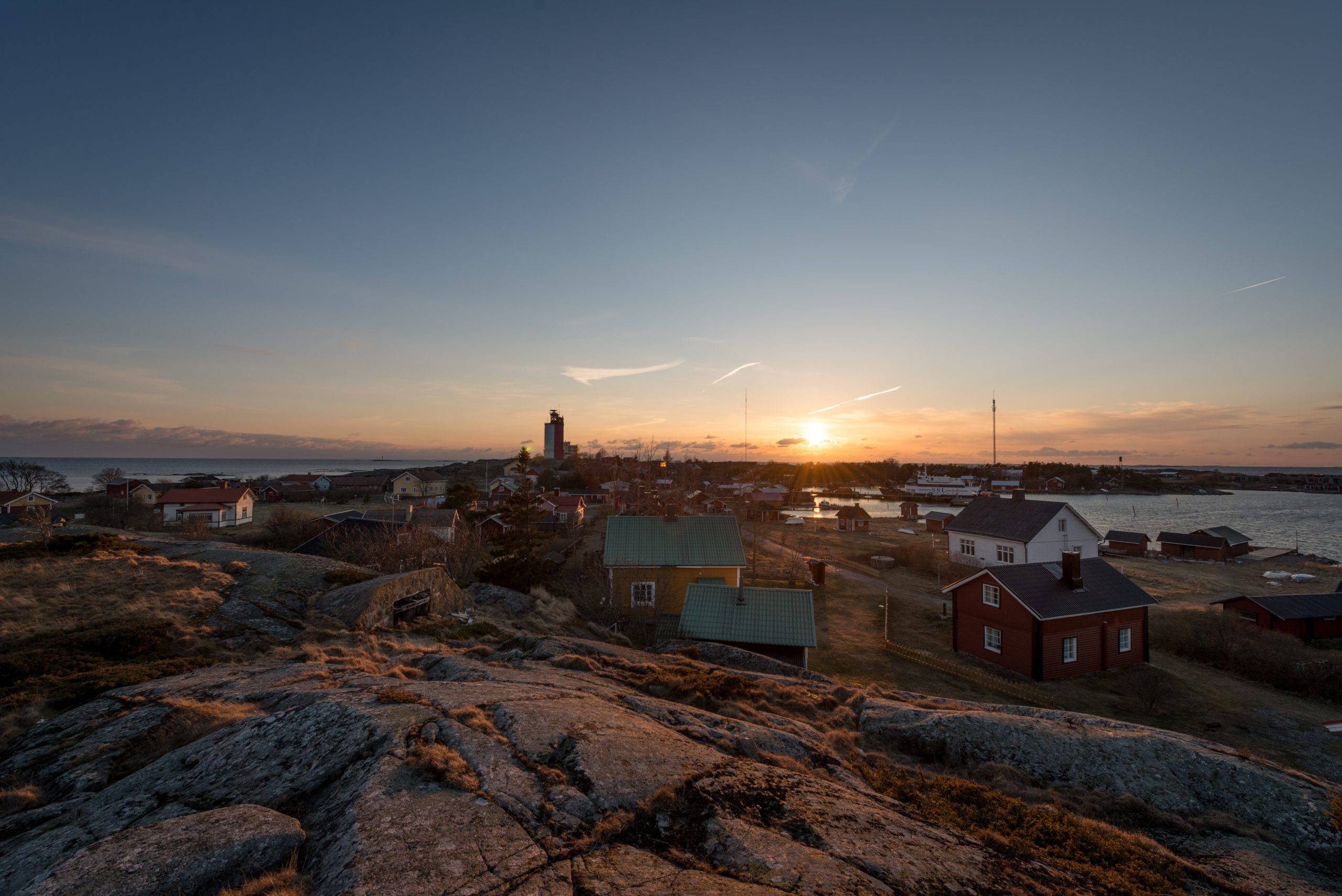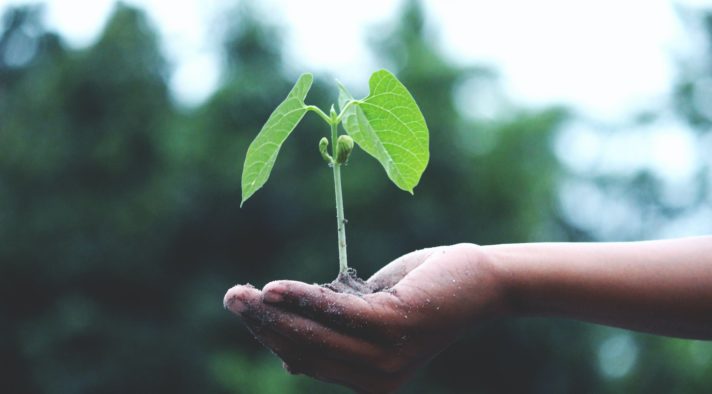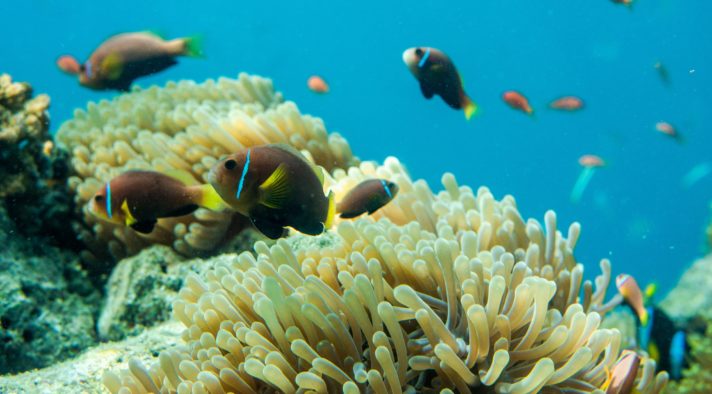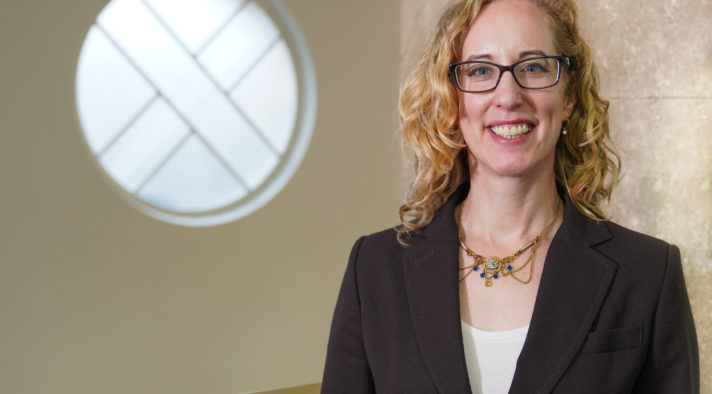As part of the Regions4 interview series, we had the opportunity to speak with Ms. Veronica Thörnroos, Head of Government of Åland Islands, the latest region to join our Network and efforts to ensure a sustainable future.
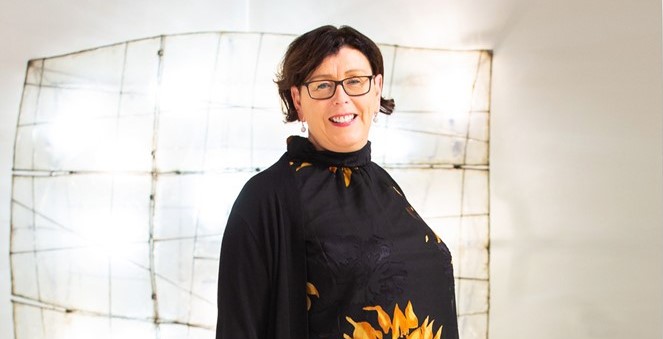
Regions4: Regions4 is delighted to welcome Åland Islands within our constituency of frontrunner regions as we strive to bring forward the voice of regional governments to the main global discussions on sustainable development. In this regard, what encouraged your government to join Regions4 and how do you think our joint work can contribute to achieving sustainability for future generations and territories?
Ms. Veronica Thörnroos: For Åland, Regions4 is a platform to cooperate with subnational governments striving for a more sustainable future. Åland is an autonomous region with extensive legislative competence in areas relevant to achieving sustainable development. Finding partners with similar constitutional setup and political priority can be difficult, and we look forward to working with our new partners through Regions4. On Åland, we have adopted a strategy for sustainable development, the Development and Sustainability Agenda for Åland, that all parts of the society now are realizing.
For sustainable development to be achievable, we need political will on the global level. However, striving towards a sustainable future cannot mean consolidating the decision-making process on the national level. Here, Regions4 is an important interlocutor and advocate for the subnational level within the UN structure. I believe regions – in any form – are vital for the realization of sustainable development, where measures and strategies can be tailor-made to the regions’ and its people’s reality.
R4: The Development and Sustainability Agenda for Åland won the European Sustainability Award 2019 in the category Public Bodies under 100.000 individuals and it has become a role model within the European institutions. What would you say are the main strengths of this agenda in terms of SDGs localization and implementation? What lessons have you learned so far that can be applied in other regions worldwide?
VT: On Åland sustainable development is not a concept – it is our roadmap for going forward in all policy areas and for all parts of the society. A network, created for all citizens, organizations, authorities and companies, established the Development and Sustainability Agenda for Åland. A true bottom-up, inside out process. Also, we decided to rephrase the 17 SDGs to speak to the Åland citizens and our own context. The Åland Agenda, therefore, consists of one Vision and seven Strategic Development Goals for 2030. With purposeful action in everyone’s daily life, and in the working practices of all sectors of society, Åland strives to realize the Vision of the best Åland we can imagine: Everyone can flourish in a viable society on the Islands of Peace. The realization of our regional agenda is at the same time the Åland contribution, albeit small, to the implementation of the 2030 Agenda.
As for lessons learned, it would at this point be structural. A Status Report with indicators for the seven strategic development goals identifies progress, challenges and critical success factors is published annually. The status reports are presented at an annual Forum for Social Development, to which everyone on Åland is invited. Roadmaps for realizing the seven strategic development goals, containing sub-targets, prioritized measures, timeline and actors responsible for the implementation are being drafted to be published in 2020. The Government of Åland does not own this process; we are responsible for acting proactively as a catalyst and coordinator for the realization of the Åland Agenda. The process of drafting the Åland government’s budget takes into account the Åland Agenda and gives an account of measures that contribute to its realization.
R4: Finland is presenting its Voluntary National Review (VNR) at the High-level Political Forum next July. Has there been a coordination mechanism for regional and local governments to be included in this process? If so, how has Åland Islands been involved?
VT: When Finland presented its first VNR in 2016, Åland and our regional agenda were not mentioned. After that, we have studied the VNRs of countries with regions holding legislative competence and through dialogue with the Finnish Prime Minister’s office, it was agreed that the Government of Åland would have a dedicated chapter in Finland’s VNR. In this chapter, we describe the Development and Sustainability Agenda for Åland and the realizing of it. The Government of Åland is represented in the national coordination for sustainable development, but given the constitutional status of Åland and the specific features of the Åland Agenda, we felt a need to describe the efforts made and the context in our own words. We are looking forward to meeting our new Regions4 partners at HLPF in New York this summer.
R4: This year has been declared as a “super-year” for biodiversity, as we approach the COP15 next October in China and the adoption of the Post-2020 Global Biodiversity Framework. Has the Government of Åland developed a biodiversity conservation strategy? Which have been your main actions in this field?
VT: Biological diversity is not only a primary condition for the earth’s life support system – and thereby for our own survival – but also for Ålanders to have access to a living and diverse landscape. The Government’s current policy in the field of biodiversity is based on the Development and Sustainability Agenda for Åland’s goal to achieve ecosystem in balance and biological diversity. From a European perspective, Sweden and Finland are mediocre when it comes to nature reserves. To our regret, Åland is lagging behind. There is a need for more knowledge, but there is especially a need for more protected areas in order to safeguard threatened and valuable species and habitats on Åland. We have initiated a regulatory framework regarding invasive species and can see positive results. However, we need to keep up the speed for the large-scale goals to be achieved within the timeframe set by the Development and Sustainability Agenda for Åland.
R4: Next COP 26 in Glasgow has been declared as the COP for multi-level governance. In this sense, how is Åland Islands working towards a more integrated multi-level governance approach for climate action? Could you describe one or two measures taken to foster this approach?
VT: The cooperation between the Nordic countries is the world’s oldest regional partnership and involves Denmark, Finland, Iceland, Norway, Sweden, the Faroe Islands, Greenland and Åland. The vision for this cooperation is that the Nordic region will become the most sustainable and integrated region in the world by 2030. The Ministers for Nordic Cooperation from the member countries and self-governed regions will report to the Nordic heads of government with a progress report in autumn 2022 and will form the basis for setting new or revised strategic priorities.
ReGeneration 2030 is a movement led by teenagers and young adults in the Nordic and Baltic Sea Regions making the Agenda 2030 become reality. The annual Summits are organized on Åland, and we are proud to be a meeting point for cross-border cooperation.
In 2017 the European Commission, together with 14 EU Member States, signed a political declaration on Clean Energy For EU Islands, recognizing that islands and island regions face a particular set of energy challenges and opportunities due to their specific geographic and climatic conditions. The Åland archipelago municipality of Kökar is one of the islands receiving technical support for its energy transition, and the Government of Åland shares the political ownership of the EU Islands project with Finland.
